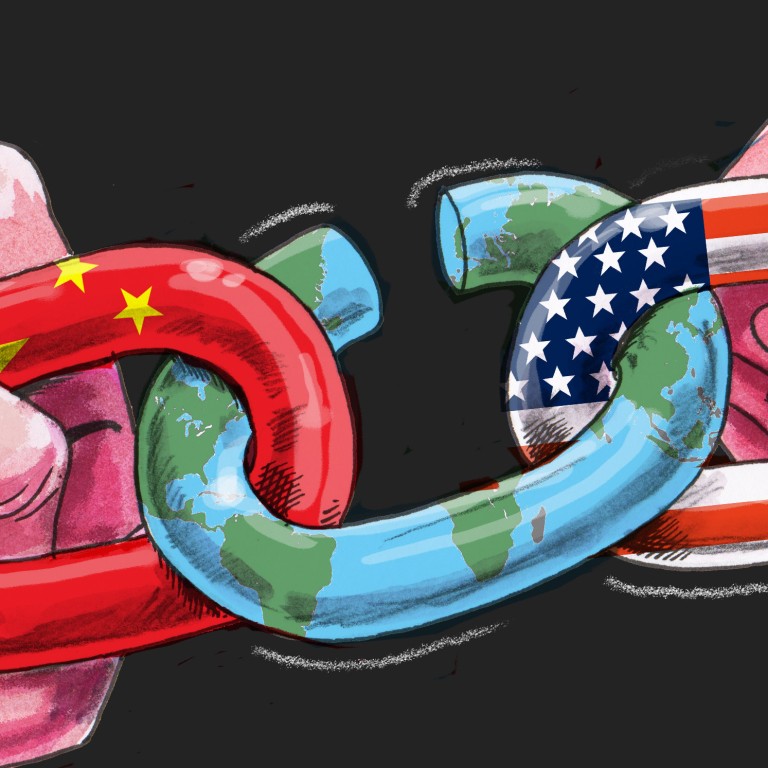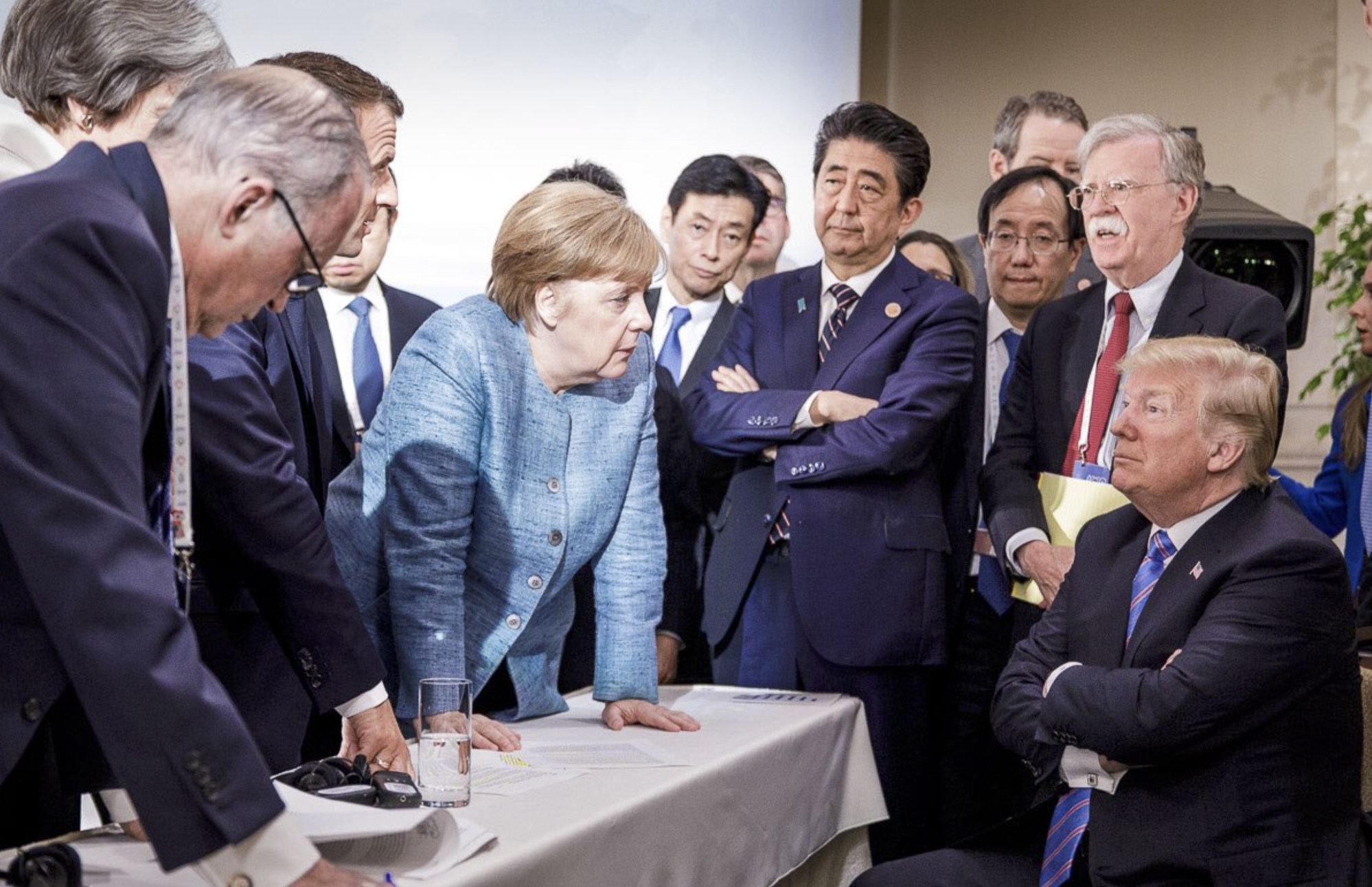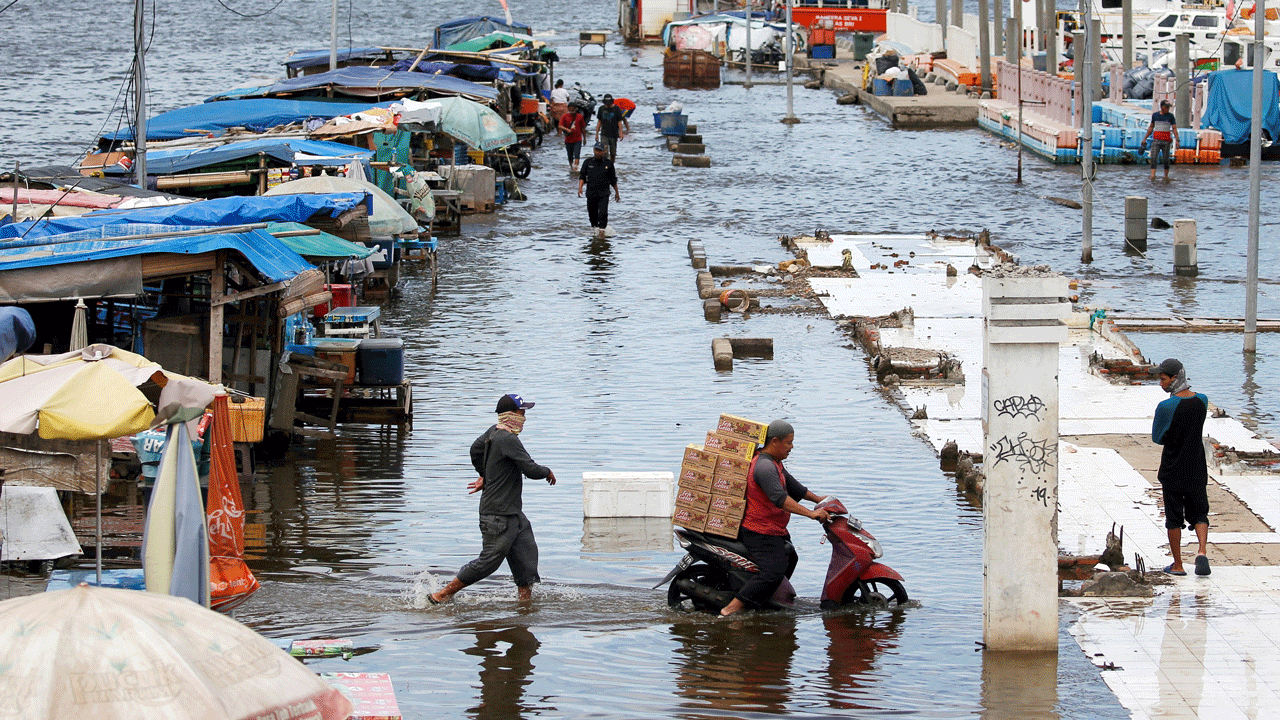
Decline of globalisation will make our planet less prosperous and more unliveable
- The unfolding trade, tech and cold wars between the US, China and their allies risk eroding the international rules-based architecture
- Without a system for connection and exchange, economies will shrink, cooperation will wither and global crises will mount
Much of what world leaders need to achieve requires collective action, coordination and agreement, not discord and dispute. Yet, today, the outlines of a trade, tech and cold war are visible.

As a result, global trade as a percentage of global GDP has dropped precipitously from 61 per cent in 2008 (before the worst of the global financial crisis), to stand at 52 per cent in 2022. Faced with this backsliding, the World Trade Organization is moribund, its raison d’être now questioned.
The goal is clear: to slow China’s advance and maintain US and allies’ lead in key tech and the digital future. America is pressing for countries to pick a side. No cooperative collaborative alternative is offered.
The geopolitical and economic effects of this ongoing clash are unpredictable and alarming for investors, citizens and societies.
The tragedy of this unfolding triple threat of trade, tech and cold wars between the US, China and their allies, with most emerging countries caught in the middle, is that the intractable systemic problems we face are global. They require and demand cooperative coordinated responses between rivals.
Yet this time – unlike in the 1980s (in Latin America) or 1990s (in East Asia) – no multilateral public- and private-sector solution has been successfully crafted. The poor in these countries will be the ones who pay the rising cost for the failure of the framework designed by the G20, IMF and World Bank, which is not delivering results under strain.
When the eagle, dragon, and Russian bear clash, a great many others suffer, solutions become almost impossible, and common problems mount rather than get addressed.
We should all lament the decline of globalisation, the erosion of the agreed rules-based international architecture. If this is allowed to play out over the next decade, our planetary future will be hotter, more unliveable, shrunken and less prosperous.
The exit routes from this downward deglobalisation cycle have yet to become visible. But world leaders, CEOS and voters, left or right, capitalist or communist, should be searching urgently for better national and global diplomatic and economic solutions.
William R. Rhodes, is president and CEO of William R. Rhodes Global Advisors LLC, and a former chairman of Citibank. Stuart P.M. Mackintosh is executive director of The Group of Thirty



